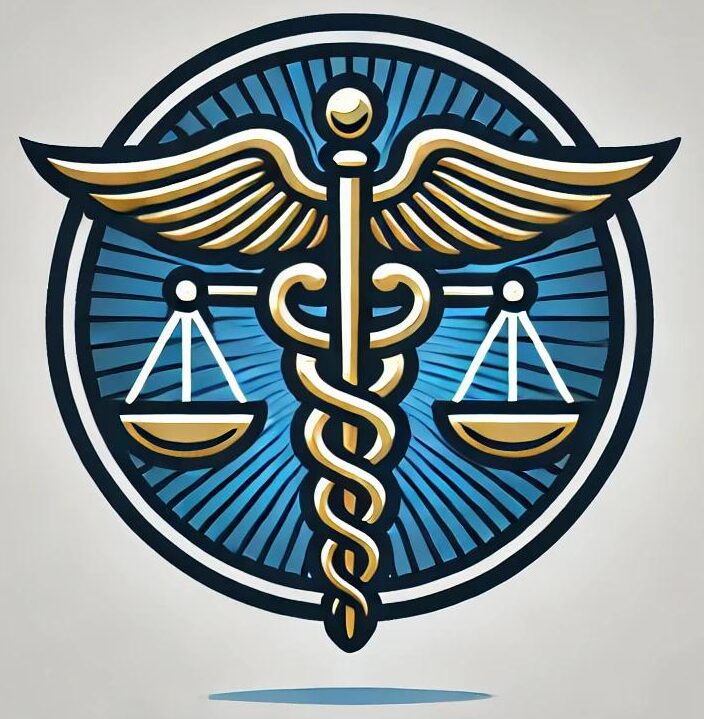Introduction
Medical malpractice cases are among the most complex and emotionally charged legal disputes. These cases often involve intricate medical details and significant legal implications, making them challenging for both the parties involved and the legal system. Mediation, as an alternative dispute resolution method, offers a less adversarial and more collaborative approach to resolving these disputes. The effectiveness of mediation in medical malpractice cases can be significantly enhanced when the mediator is both a practicing lawyer and a practicing physician. This dual expertise brings a unique set of benefits that can facilitate a more informed, empathetic, and fair resolution.
Comprehensive Understanding of Medical and Legal Complexities
Medical Expertise
A mediator with a medical background possesses an in-depth understanding of medical terminology, procedures, and standards of care. This expertise allows the mediator to accurately interpret medical records, evaluate the credibility of expert testimonies, and assess the nuances of the medical issues at hand. This depth of knowledge ensures that the medical facts are correctly understood and considered during the mediation process, reducing the likelihood of misunderstandings or misrepresentations that could complicate the resolution.
Legal Expertise
As a practicing lawyer, the mediator brings a thorough understanding of the legal principles, statutes, and precedents that govern medical malpractice cases. This legal acumen enables the mediator to guide the parties through the legal landscape, ensuring that their rights and obligations are clearly understood. The mediator’s legal expertise also helps in framing the discussions in a way that aligns with legal standards, facilitating a resolution that is not only fair but also legally sound.
Enhanced Credibility and Trust
Building Trust with Parties
The dual qualifications of the mediator can enhance their credibility with both parties. Plaintiffs, who often feel vulnerable and distrustful of the medical establishment, may find comfort in the mediator’s medical background, believing that their concerns will be genuinely understood and addressed. Conversely, healthcare providers and their legal teams may appreciate the mediator’s legal expertise, which assures them that the mediation process will be conducted within the appropriate legal framework.
Neutrality and Impartiality
A mediator who is both a practicing lawyer and physician is uniquely positioned to maintain neutrality and impartiality. Their balanced perspective can help in addressing the concerns of both parties equitably, fostering a sense of fairness that is crucial for successful mediation. This impartiality is particularly important in medical malpractice cases, where emotions run high and biases can easily derail the process.
Efficient and Effective Resolution
Streamlining the Process
The dual expertise of the mediator can significantly streamline the mediation process. With a deep understanding of both medical and legal issues, the mediator can quickly identify key points of contention and focus the discussions on these critical areas. This targeted approach can save time and resources, making the mediation process more efficient.
Reducing the Need for Expert Witnesses
In many medical malpractice cases, the testimony of expert witnesses is essential to clarify complex medical issues. However, the involvement of expert witnesses can be costly and time-consuming. A mediator with medical expertise can independently assess the medical facts, potentially reducing the need for additional expert testimonies. This reduction not only cuts down on costs but also simplifies the mediation process.
Empathy and Communication
Empathy for Both Sides
A mediator who understands both the medical and legal worlds can empathize with the unique pressures and challenges faced by healthcare providers and patients alike. This empathy can foster a more respectful and understanding dialogue, encouraging both parties to be more open and cooperative. Such an environment is conducive to reaching a mutually agreeable resolution.
Facilitating Clear Communication
Effective communication is the cornerstone of successful mediation. The mediator’s ability to translate complex medical jargon into understandable terms, while also clarifying legal concepts, ensures that all parties are on the same page. This clarity helps in reducing confusion, preventing misunderstandings, and promoting a smoother resolution process.
Crafting Fair and Practical Solutions
Balancing Medical and Legal Perspectives
A mediator with dual expertise can craft solutions that take into account both medical realities and legal requirements. This balanced approach ensures that the resolution is not only fair and just but also practical and implementable. Such solutions are more likely to be accepted by both parties and to withstand legal scrutiny.
Tailoring Resolutions to Specific Cases
Each medical malpractice case is unique, with its own set of circumstances and challenges. The mediator’s ability to understand the specific medical and legal aspects of each case allows for tailored resolutions that address the unique needs and concerns of the parties involved. This personalized approach increases the likelihood of a satisfactory outcome for both sides.
Conclusion
The mediation of medical malpractice cases can greatly benefit from the involvement of a mediator who is both a practicing lawyer and a practicing physician. This dual expertise provides a comprehensive understanding of the medical and legal complexities, enhances credibility and trust, and facilitates efficient, empathetic, and effective resolutions. By bridging the gap between the medical and legal worlds, such a mediator can help parties navigate the challenging terrain of medical malpractice disputes, ultimately leading to more informed, fair, and satisfactory outcomes. As the landscape of medical malpractice continues to evolve, the role of mediators with this unique skill set will become increasingly valuable, offering a promising path toward resolving these complex cases.
